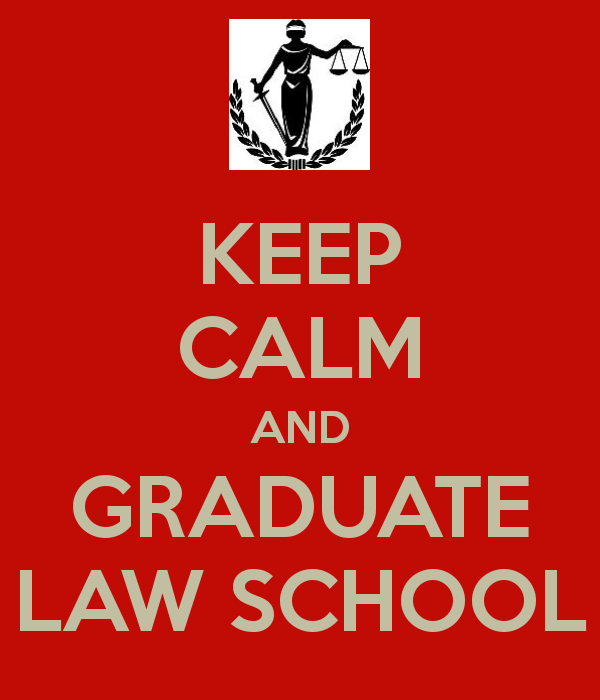
We’ve all experienced that nauseous nervous feeling in the pit of our stomachs. You know, the one when you’re not quite sure if you have the material down packed while the professor is scanning the room unabatingly looking for victims. It’s a ritualistic exhibition of discomposure carried out in law schools around the country, aptly named cold-calling and we’ve all been there! As a law student, there is a fine balance one must walk in order to avoid being the class gunner and the village idiot at the same time. How to survive cold calling in law school can be simple.
It should be noted that answering a question correctly or incorrectly will have just about zero impact on how well you do on your final exam, graduating, and eventually passing the bar. However, some professors do carve out a percentage of their overall grade for class-participation. Usually no more than 5%, however in close situations this can mean the difference between an A- or an A. Here’s what I suggest in mastering how to survive cold calling in law school.
Make Your Professors Job Easier
First, making your Professors job easier is the best way to excel in class, in law school and on the bar exam (for graders). Whether it’s volunteering an answer or providing a clear road-map on your essay answers, professors hate digging for correct essay answers as much as they hate scanning for eye contact, looking at their roster, pairing a face with a name, then cold calling. My solution was to volunteer an answer that I knew earlier in the class period so I wouldn’t be bothered again for the rest of the class. However, there is a drawback, if you do it too much; you’ll become your professor’s go-to-guy/gal when they want a quick answer. That’s why I suggest finding a balance somewhere in between whoring yourself and/or becoming an academic invalid.

To brief a Case or Not to Brief a Case
Providing case insight is the single most source of cold calls in law school. Deciding on whether to brief cases before class is probably one of the most asked questions on law school forums. The easy answer is doing what your law professor instructs. However, when you’re saddled with 500 pages of reading, briefing cases can be a complete time sink. I suggest buying a Casenotes case brief book that is keyed to your class textbook so you can have a quick overview of the issue, rule and holding. Secondly, I highly suggest using the links provided in Helpful Law School Resources for websites that provide case briefs that can be pulled up on the fly in class. Both methods were a sheer Godsend to me in law school, both for understanding what I just read, and having a quick reference to recap a case in class. Frankly, if you’re not using these resources, you’re doing law school wrong. I didn’t brief a single case during my law school tenure even when instructed to do so by my professor. I just didn’t’ have the time; however I made sure I had a casebrief book keyed to my text book at my fingertips. Being able to intelligently reiterate the case facts, issue, rule and holding will undoubtedly help you survive cold calling in law school.

Not Worrying about How You Look to Everyone Else!
Much of the fear and apprehension surrounding cold-calls in law school comes from wanting to avoid looking like an idiot in front of our peers. Let me be the first to tell you that no one cares! Just about 95% of the class is feeling the same way, and for those who do, they are generally douches and you shouldn’t care what douches think anyway! During 1L at my school, there was a game or a pool circulating among certain students on “who would help the curve” based on student’s responses to questions. Towards the end of law school, unbeknownst to me, I discovered I was labeled one “who would help the curve” based on some of my initial bumbling answers to cold-calls. Even though 90% of the time I knew the material, my mind just couldn’t process it quickly enough for an “intelligent” sounding answer. Did it matter, hell no, some of the very ones who fired off the most polished answers ended up with shitty grades while I received A’s and B’s. Moreover, some of those same douchey students who were quick to judge others ended up failing the bar exam their first and even second time around while I passed my first try. Karma can and will be a bytch!
Bottom line, never let other people’s perceptions control your fears. If you weren’t smart-enough to compete with the best you wouldn’t’ be sitting in law school. My advice to surviving cold calls in law school is to; (1) strike first by volunteering answers on the material you know, (2) make sure you have canned case briefs that quickly and clearly identify the key facts, issue, rule and holding, and (3) avoid giving a phuck what others may or may not think about you. There is no “WE” in law school, its’ an individualized competitive environment where your success depends on your hard work on final exams alone. Good luck!